By Chen Tianhao, Zhao Li
(ECNS) – In October, the European Union (EU) decided to impose definitive countervailing duties on Chinese-made electric vehicles (EVs) for a period of five years. In addition, U.S. President-elect Donald Trump threatened on Monday to impose sweeping new tariffs on Mexico, Canada, and China as soon as he takes office. In this regard, some voices in the international community hold that these actions do no good to addressing climate change but hinder the pace of global green transition.
During the 2nd China International Supply Chain Expo (CISCE) and COP29 held in Baku, Azerbaijan, China News Network conducted multiple interviews for interpretation.
Protectionism does no good in addressing climate change
Almost a fifth (19.5 percent) of electric vehicles sold in Europe last year were made in China and this is on track to reach a quarter (25 percent) in 2024, according to a report released by Transport & Environment in March.
Dickon Mitchell, Prime Minister of Grenada, thought that given the fact that the world is recognizing the importance of moving to green energy and greater use of electric vehicles to lower carbon footprint, the policy does not seem progressive.
Mitchell hopes to encourage countries to find better ways of addressing any trade or challenges they have, rather than penalizing green energy or the use of electric vehicles.
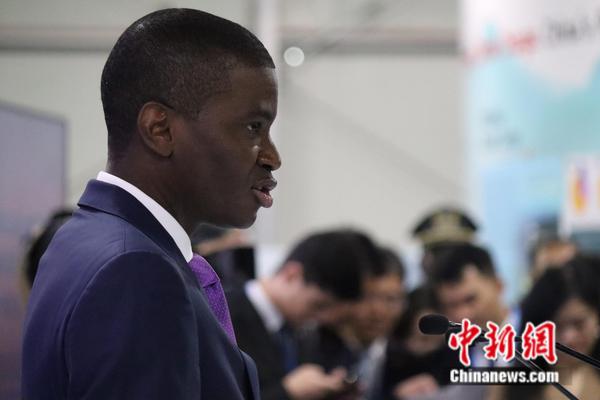
Undersecretary for Development Policy at the Embassy of the Kingdom of Denmark Ole Thonke believed that “We are moving in the wrong direction” and it's important that all countries can collaborate on how to combat climate change.
Dr. Alaa Ezz, secretary general of the Union of African Chambers of Commerce, Industry, Agriculture and Professions, noted that even under free trade agreements, tariff and non-tariff barriers blocking trade is a trend on a global basis. Some countries adopt it temporarily to protect local industries, but when they are not that competitive, then having barriers like these “is not the way forward to cater to the benefits of global innovation and trade and benefits of the citizens of every country in the world.”
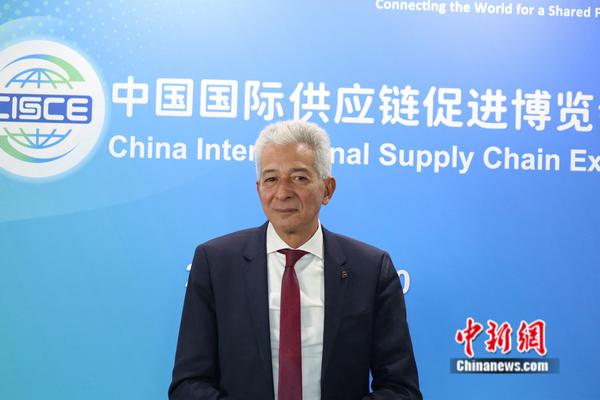
A fair green transition requires cooperation without barriers
During the interview, Executive Vice President at the World Business Council for Sustainable Development (WBCSD) Dominic Waughray stressed that protectionism would remove China's contribution to the global green transition. Data predicts that “it would increase prices by twenty percent,” he said, adding “so if we want to have an equitable transition to green technologies, and cooperation across boundaries is key.”
Waughray also mentioned the commercial relationships between China and Brazil, India, ASEAN members and other emerging markets demonstrate the world’s great potential for the green transition. “Through frameworks including the Belt and Road Initiative, China and other countries are seeking to create interoperable carbon markets to stimulate green growth,” he concluded.
Peter Bakker, president and CEO of the WBCSD, claimed that the world is much bigger than the U.S. “Maybe the U.S. will see some disruptions because of protectionism, but in other parts of the world, there are massive opportunities to continue the global collaboration.”
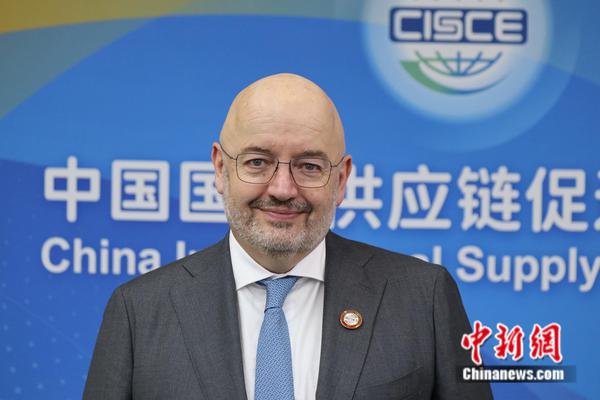
Benny Oeyen, Anglo American's executive head of market development for PGMs, pointed out that what the EU and the U.S. new administration is or will be doing is “short-sighted”. He further explained that the advancement of Chinese automotive manufacturers in EVs is fantastic, offering consumers high-quality EVs at affordable prices.
“It’s good for consumers and good for the climate,” Oeyen concluded.










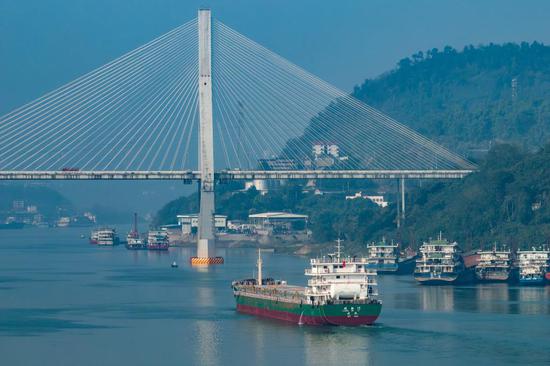
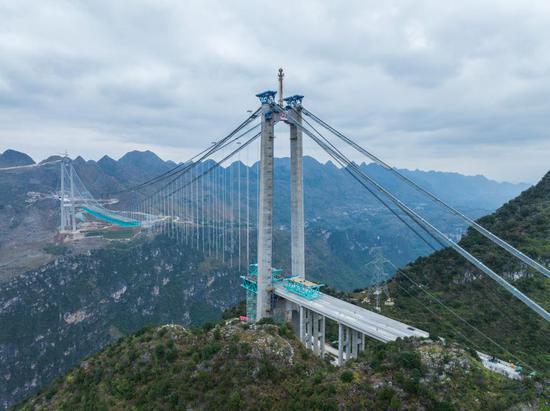

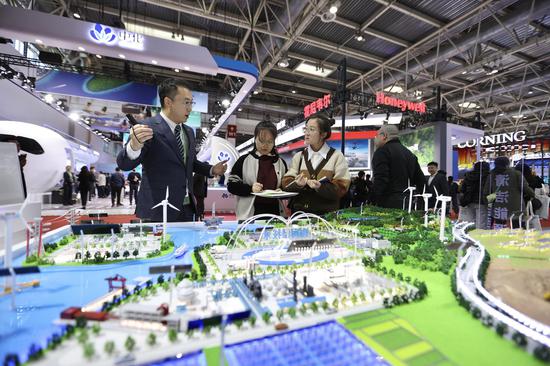
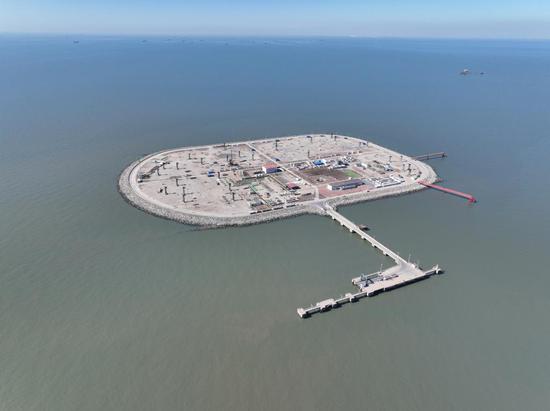


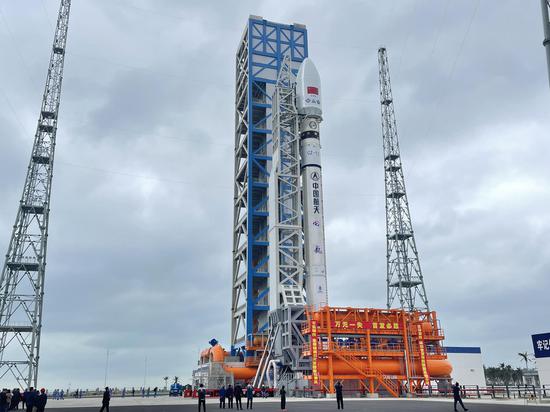
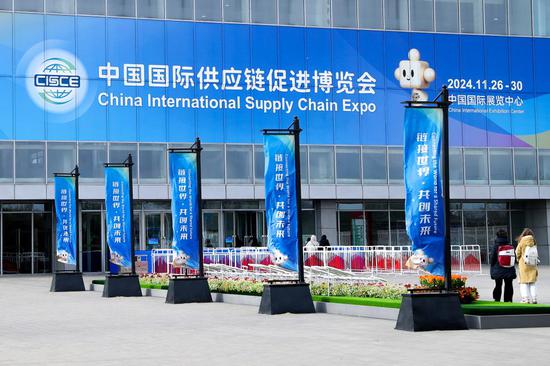



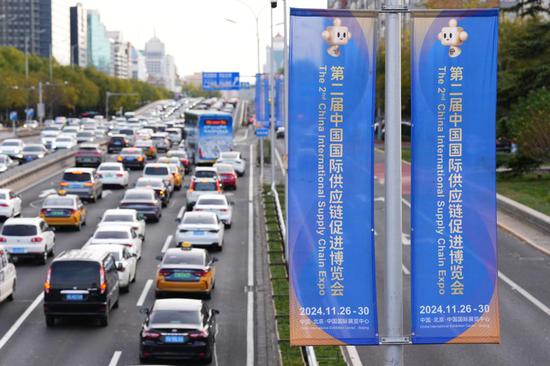


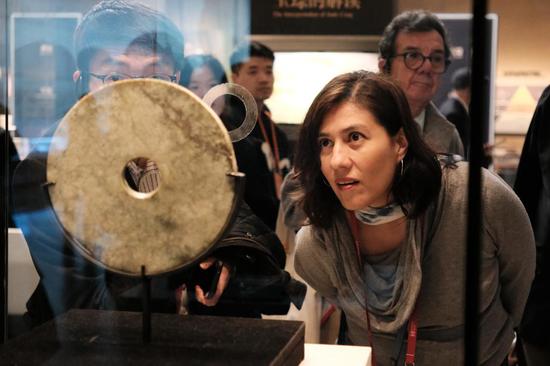
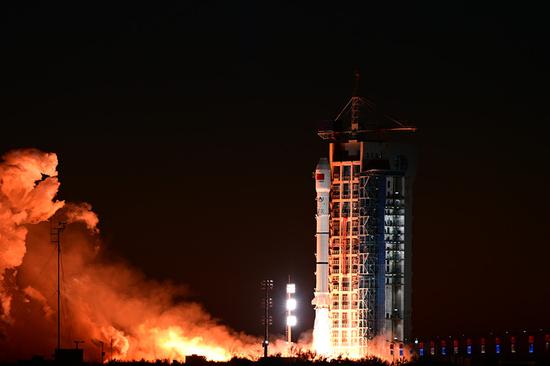
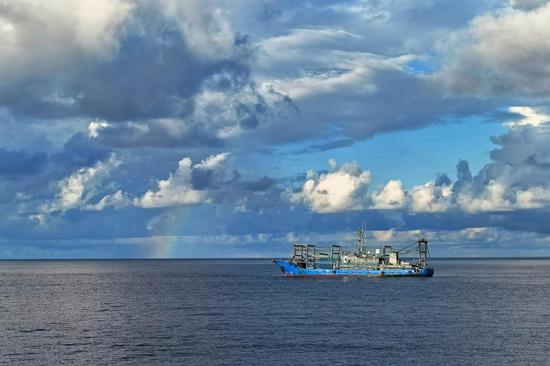

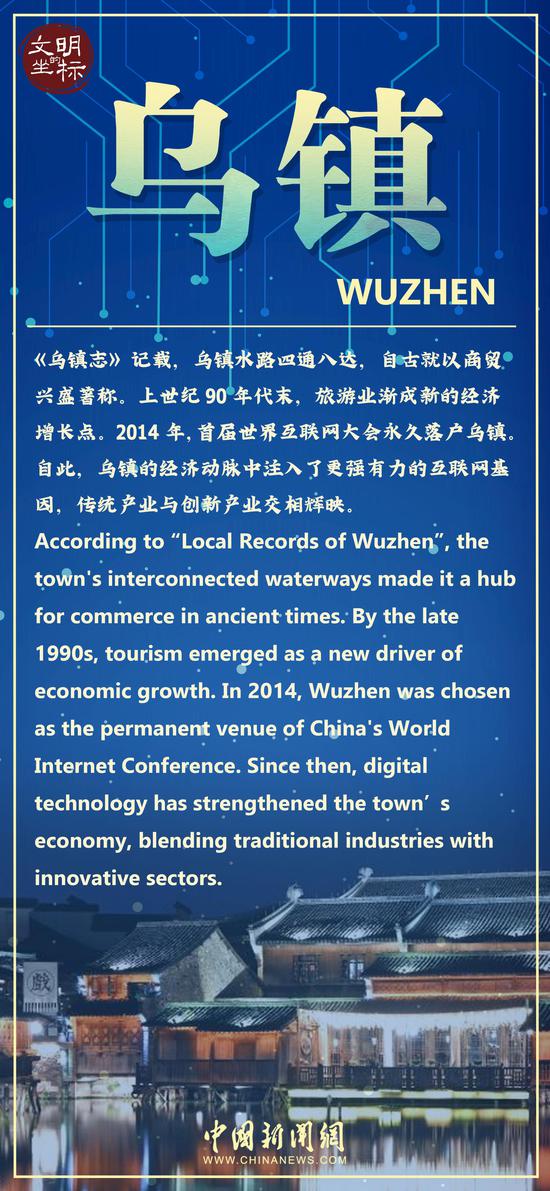

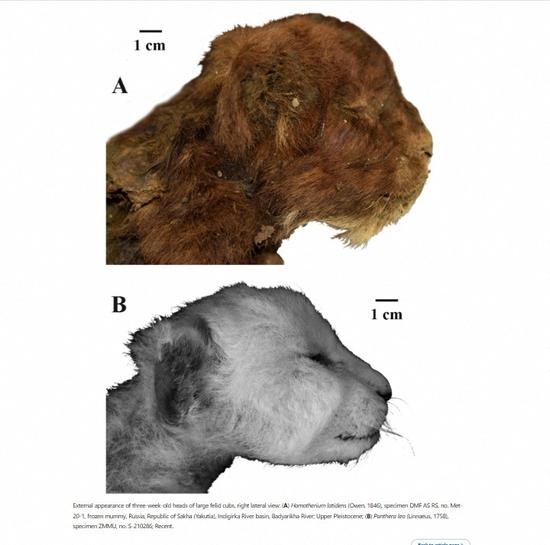



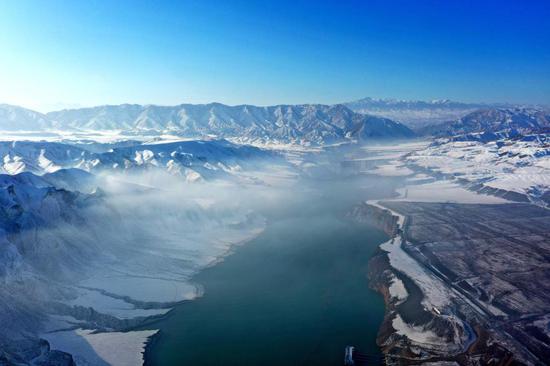

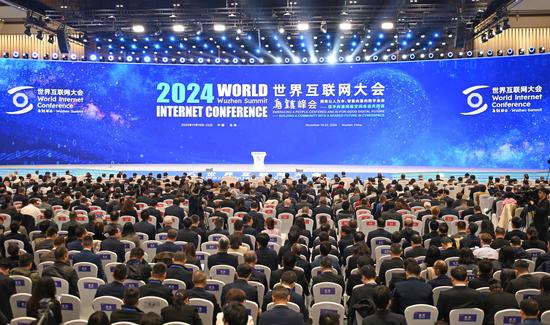


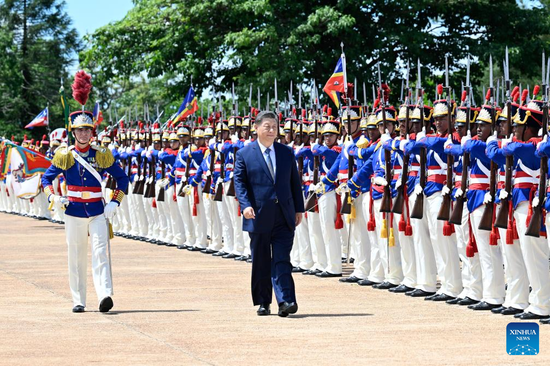
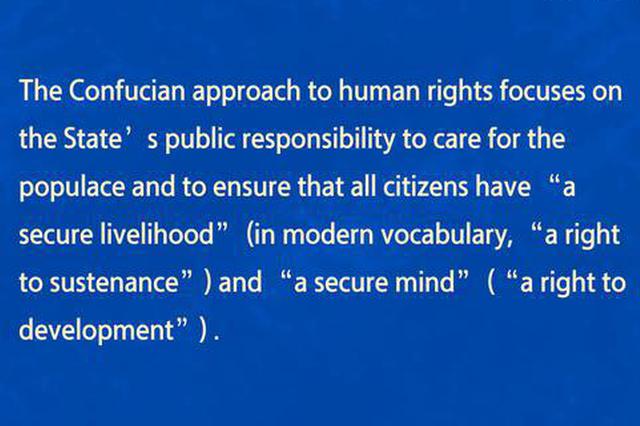
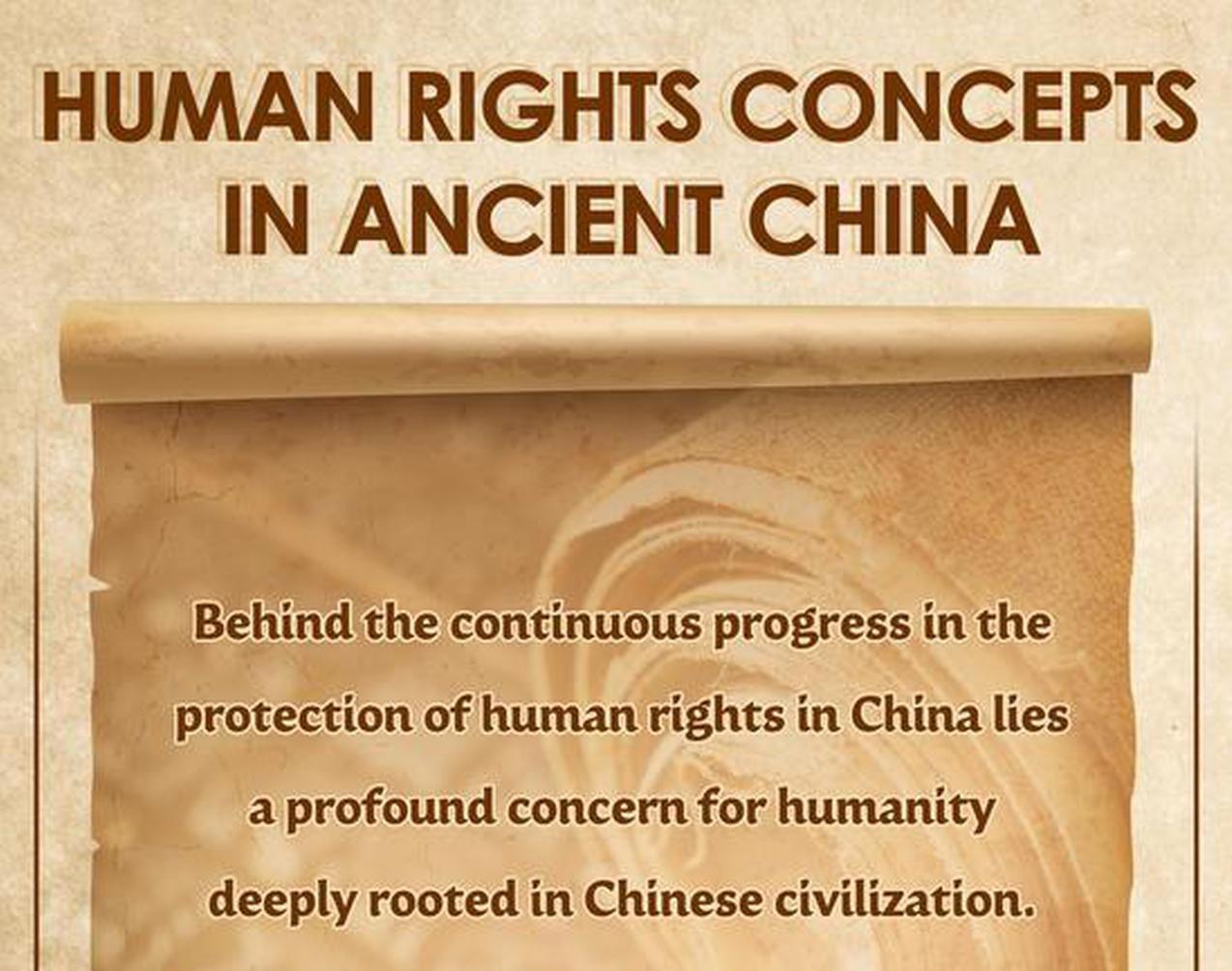
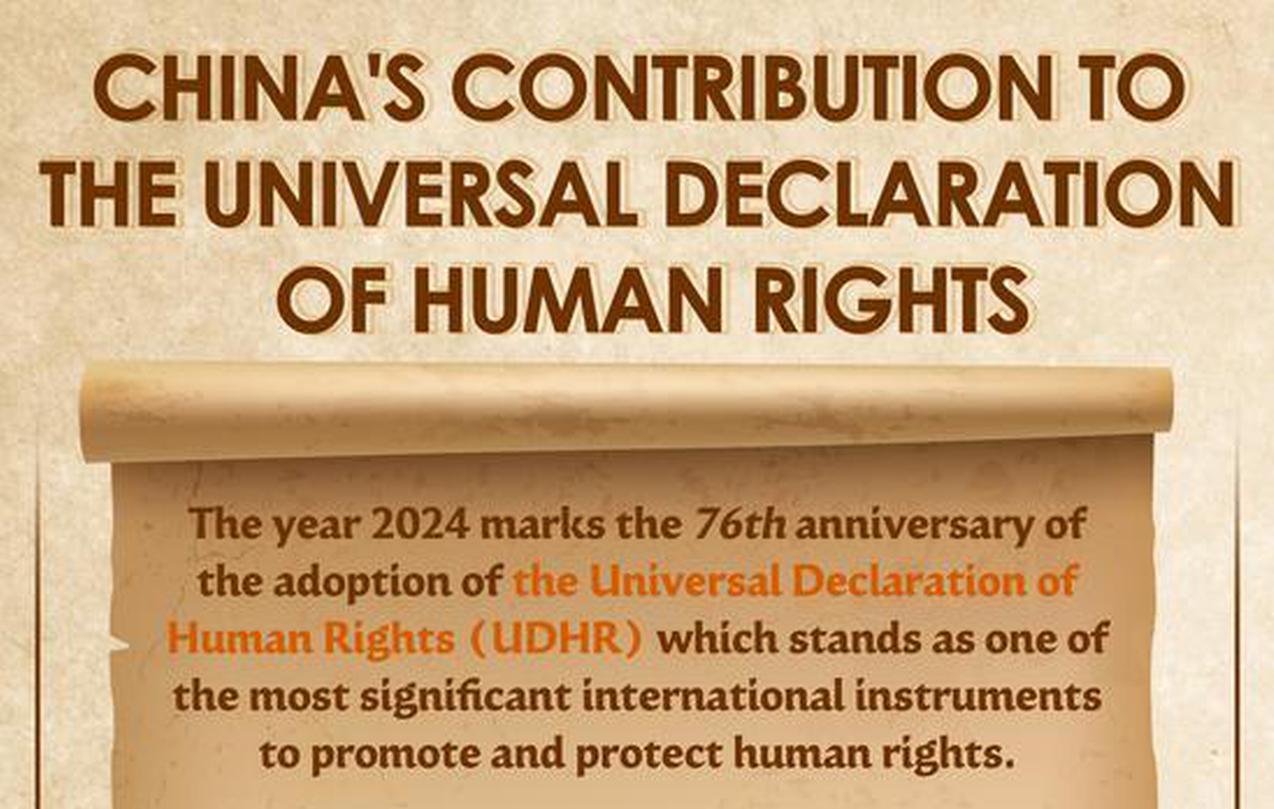




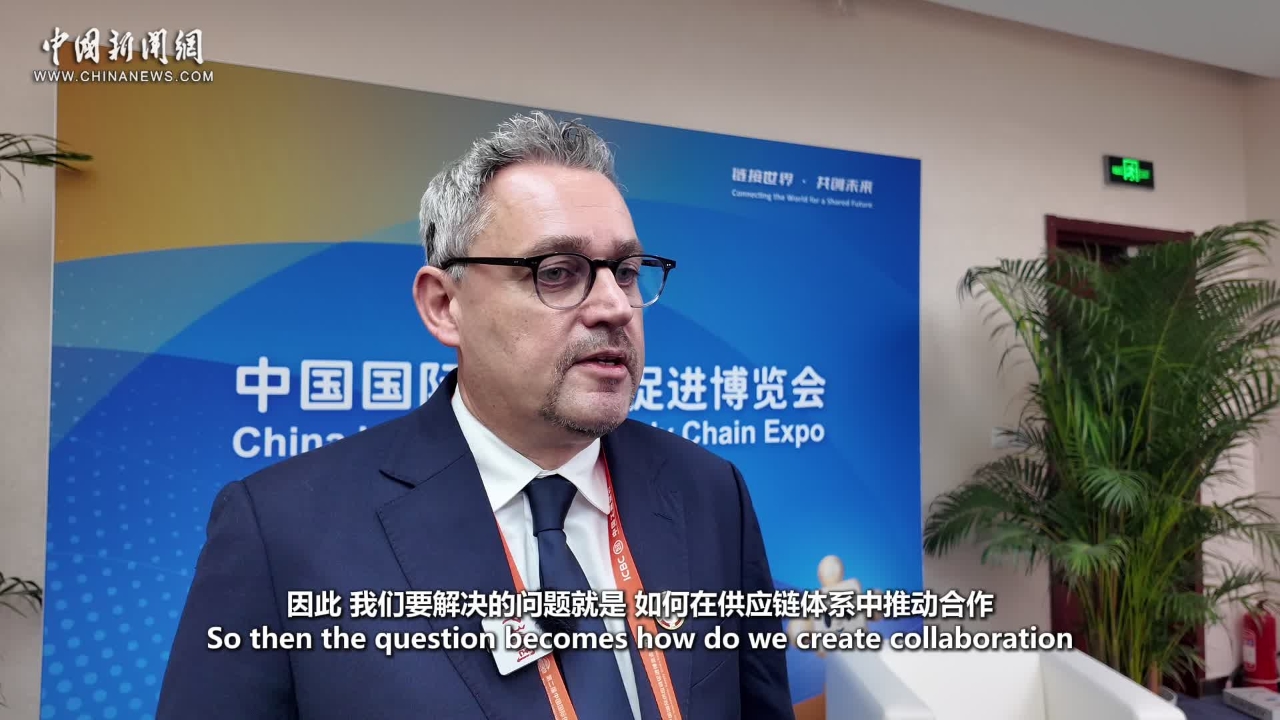

 京公网安备 11010202009201号
京公网安备 11010202009201号